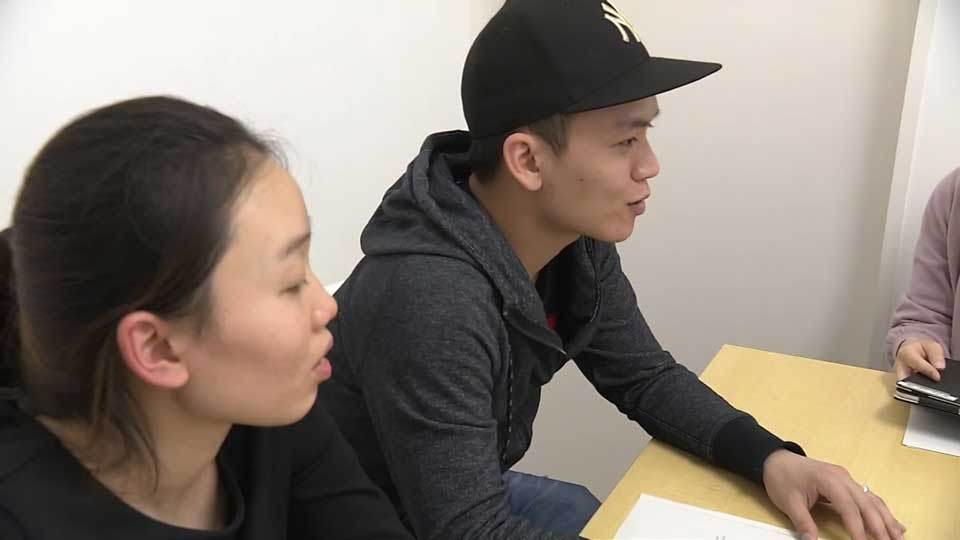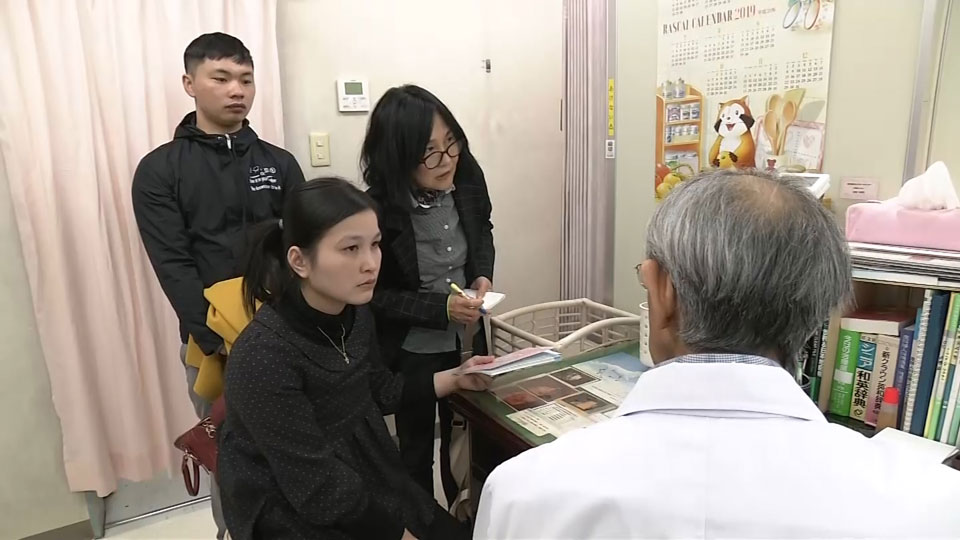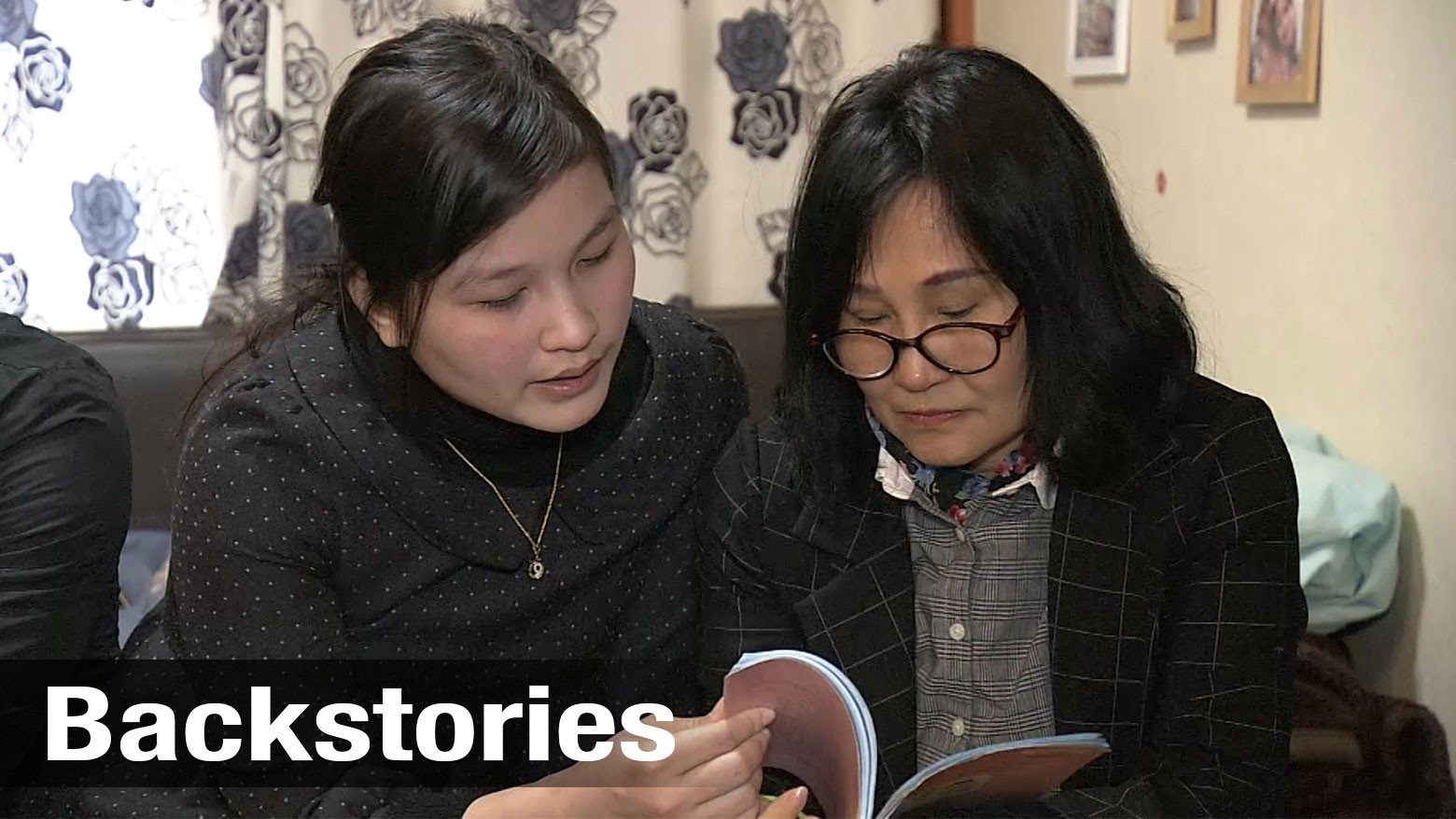
Vietnam-born Thuy Miura is a social worker in Kisarazu, a city in Chiba Prefecture that is home to more than 2,000 non-Japanese people. Around 30 percent of the consultations she gives are related to pregnancy and childcare concerns.
"There's a language barrier that prevents people from communicating, from asking questions. So it's really important for me to be there for them," says Miura, who is fluent in Vietnamese, Japanese, English and Thai.
When soon-to-be-father Nguyen Van Hai came to the city office asking for help, he had no idea he was entitled to about 400,000 yen from healthcare authorities to assist with maternity costs. Miura told him about it and helped him apply.

Another Vietnamese person Miura helps is 15 weeks pregnant. Le Thi Thu Hao had previously suffered a stillbirth, and was nervous about it happening again. Miura took her to the local clinic and interpreted for her as the doctor took ultrasound images and assured her the fetus was healthy.

Miura's father was a high-ranking South Vietnamese official. In 1975, at the end of Vietnam war, the authorities apprehended her family, and confiscated their assets.
At 17, she fled to Japan, leaving her family behind.
She spoke no Japanese, so she was unable to find a school that would accept her.
Then she met her savior. Misao Hanasaki adopted the young girl and found her a place to enroll.

"I wanted to help her choose her path in life" says Hanasaki. "So I searched for a school that would accept her. I consulted with my high school teacher and signed a memorandum that said I'd take full responsibility for her actions."
Miura went on to university, married a Japanese man and had two children. She no longer felt alone in the world, and Hanasaki's actions inspired to take up social work so she could help others.
"People come here with a lot of anxiety," she says. "I'll be really happy if I could be here for them and give some emotional support and help lighten their heavy heart."
Miura often goes beyond the call of duty and provides pro bono support to young foreign couples. Her cell phone frequently rings with people seeking advice. She says she just wants to do others a favor, the way she was helped out before.

